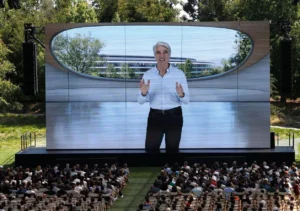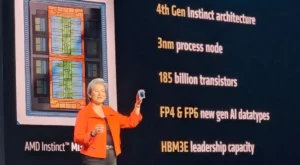
Does the Tech Industry Really Need So Many Workers on H-1B Visas?
The debate over the H-1B visa program has been reignited as President-elect Donald Trump takes office, promising to revisit the issue. Critics of the program argue that it allows big tech companies to exploit foreign workers and displace American professionals, while proponents claim that these visas are necessary to address a nationwide shortage of skilled engineers.
However, experts say that a closer examination of the data reveals a different picture. According to Ronil Hira, an associate political science professor at Howard University, many H-1B workers are hired for roles that don’t require specialized skills or knowledge. “These roles don’t necessarily meet the visa program’s intended goal of outsourcing roles that require unique skills,” Hira said.
In fact, a recent study by the Economic Policy Institute found that many H-1B visas are used to fill less complicated jobs such as product testing and other positions that do not necessitate specialized expertise. These arguments contradict claims made by proponents of the program that foreign workers are needed to address labor shortages in the tech industry.
Moreover, data from the Bureau of Labor Statistics suggests that wages for computer professionals have remained stagnant, while wages for engineers and architects have actually declined. This challenges the notion that there is a nationwide shortage of skilled workers.
Furthermore, an analysis by the Economic Policy Institute found that top H-1B hiring companies laid off thousands of American workers in 2022 and early 2023, mirroring a decline in job postings in software development.
The evidence suggests that the tech industry does not actually need these many foreign workers. Rather, it appears that big tech companies are using this program to exploit foreign labor while displacing American professionals.
Source: www.cbsnews.com


